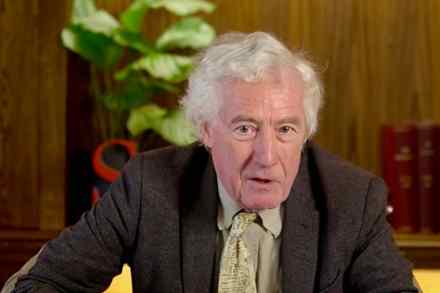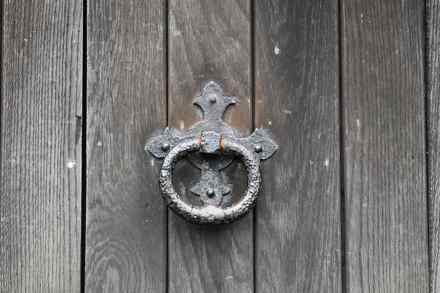Lord Sumption was right to quit the Supreme Court
There used to be a saying: ‘never discuss religion or politics’. That was just a societal rule, a prudent tip for an enjoyable evening. But that principle is also in our constitution. This is a fact recognised by the Supreme Court — and particularly by Lord Sumption — earlier this year. Sharing your political opinions is, for some people, a breach of constitutional obligations. The UK is odd, some think, in having the constitution that we do. Far younger states with bright and shiny constitutions, written in single documents, seem to look down on our frumpy older version. But if we are playing constitutional top trumps, the UK scores near





















